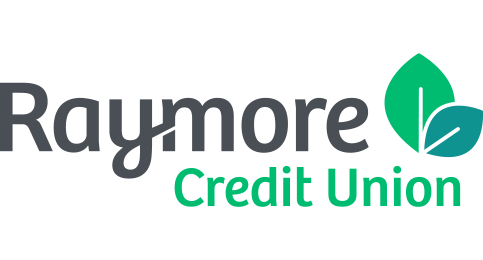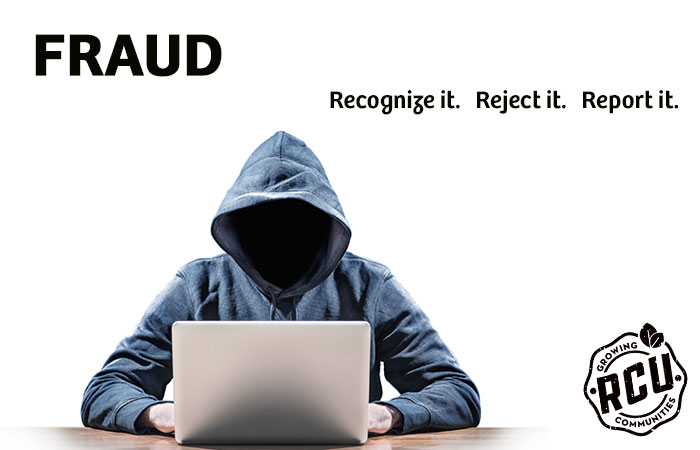Our goal is to keep our members fraud-free! We want to help you recognize, reject and report fraud. Scammers are always setting traps to separate you from your hard-earned money. We want you to be recognize the tricks fraudsters use and be prepared if a scam comes your way. Reject what they are trying to sell you or get you to do. Tell them you intend on reporting them to the authorities. They are scared of being caught and they will back off if you tell them to.
For more information & to report fraud, visit antifraudcentre.ca.
- Little Black Book of Scams
- Top 10 Scams in Canada
- Mobile Device Security
- Password Tips to Prevent Fraud.pdf
March is Fraud Month!
How to Protect Yourself - How much do you know about Fraud?
- Be cautious! Don’t be afraid to hang up the phone, ignore an email or close your internet connection – and please, never be fooled by the offer of a valuable prize in return for a low-cost purchase.
- Do your homework! NEVER give out your personal information or make a purchase without really inspecting the vendor. How trusted is the company, and are you making your purchase through appropriate and secure channels?
- Bank statements, credit card bills, cheques, old tax returns and any other statements that have important personal information should be shredded or stored in a safe place once you’re done with them.
- Check your credit report annually and report any issues immediately.
- Never disclose your financial information, credit card number, driver’s license number or any bank information over the phone.
Scams and cybercrimes can touch anyone, anywhere and any time. If you or a family member have been affected, report it to the Canadian Anti-Fraud Centre — even if you didn't lose any money. If you or a family member did lose money, please contact your local police as well.
Know When You’re a Target
Health fraud is currently a major concern for Canadians. Scams include weight-loss schemes, cure-all promises, or products claiming amazing side-effects. Most “miracle cures” are really scams that will rob you of time, money and most importantly, your health. Always remain cautious and discuss any treatments with a qualified health professional before you proceed.
- Around 35% of Canadians say they’ve been victims of mass marketing fraud.
- 82% believe mass marketing fraud is currently on the rise. It’s commonly thought that education and understanding is the best way to fight this type of fraud.







